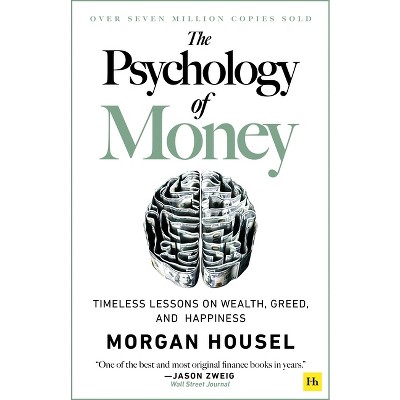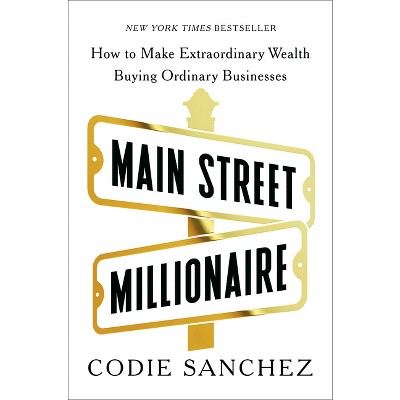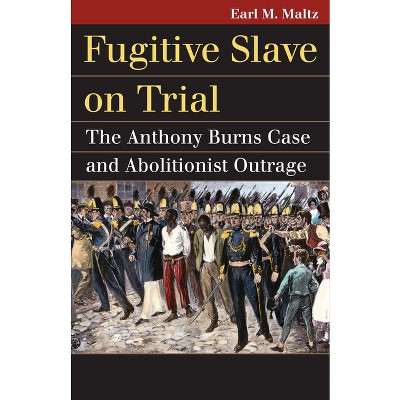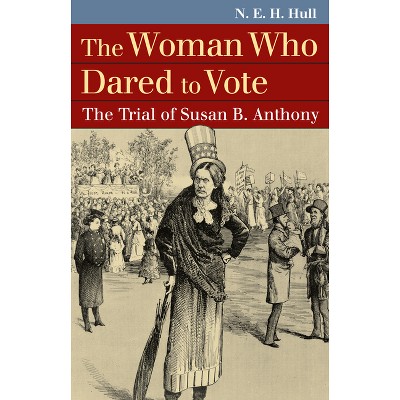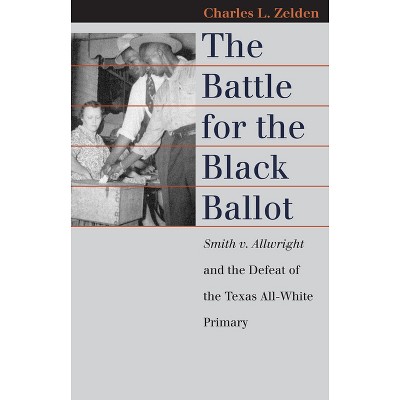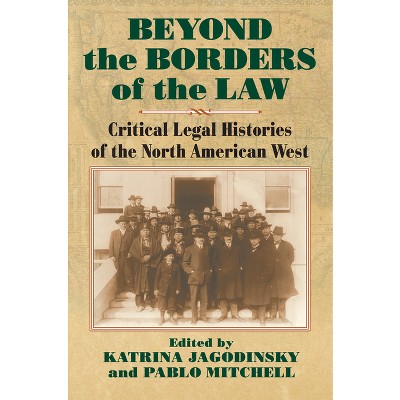About this item
Highlights
- In 1776, Thomas Paine declared the end of royal rule in the United States.
- Author(s): Michael S Ariens
- 400 Pages
- Freedom + Security / Law Enforcement, Ethics & Professional Responsibility
Description
About the Book
"In 1776, Thomas Paine declared the end of royal rule in America. Instead, "law is king," for the people rule themselves. Paine's declaration is the dominant American understanding of how political power is exercised. In making law king, lawyers became integral to the exercise of political power, so integral to law that one legal ethics philosopher has concluded, "lawyers are the law" in the United States. Lawyers, particularly private practice lawyers, have defended the exercise of this power by arguing they serve the public interest as well as the interests of their paying clients and, lastly, themselves. Since the early twentieth century, lawyers have also pointed to their duty to abide by ethics codes channeling their behavior. In this view, lawyers were in the marketplace selling their services, but not of the marketplace, because the services they provided clients were limited by the oath and the rules of lawyer ethics. Remnants of Conscience is the story of the justifications of the power lawyers have possessed in American history, tracing American lawyer ethics from its origins in the mid-eighteenth century to the crisis of professionalism facing lawyers today"--Book Synopsis
In 1776, Thomas Paine declared the end of royal rule in the United States. Instead, "law is king," for the people rule themselves. Paine's declaration is the dominant American understanding of how political power is exercised. In making law king, American lawyers became integral to the exercise of political power, so integral to law that legal ethics philosopher David Luban concluded, "lawyers are the law."
American lawyers have defended the exercise of this power from the Revolution to the present by arguing their work is channeled by the profession's standards of ethical behavior. Those standards demand that lawyers serve the public interest and the interests of their paying clients before themselves. The duties owed both to the public and to clients meant lawyers were in the marketplace selling their services, but not of the marketplace.
This is the story of power and the limits of ethical constraints to ensure such power is properly wielded. The Lawyer's Conscience is the first book examining the history of American lawyer ethics, ranging from the mid-eighteenth century to the "professionalism" crisis facing lawyers today.
Review Quotes
"Michael Ariens has written an exceptionally well-researched and thought-out book on the history of US legal ethics. The Lawyer's Conscience is a brilliant exposition of the events and concerns that produced the ethical rules by which American lawyers live today. In its depth of research and in its critical judgment, it is unparalleled in the literature about legal ethics. Every lawyer should buy a copy and study it with great care."--M. H. Hoeflich, John H. & John M. Kane Distinguished Professor of Law, University of Kansas School of Law


